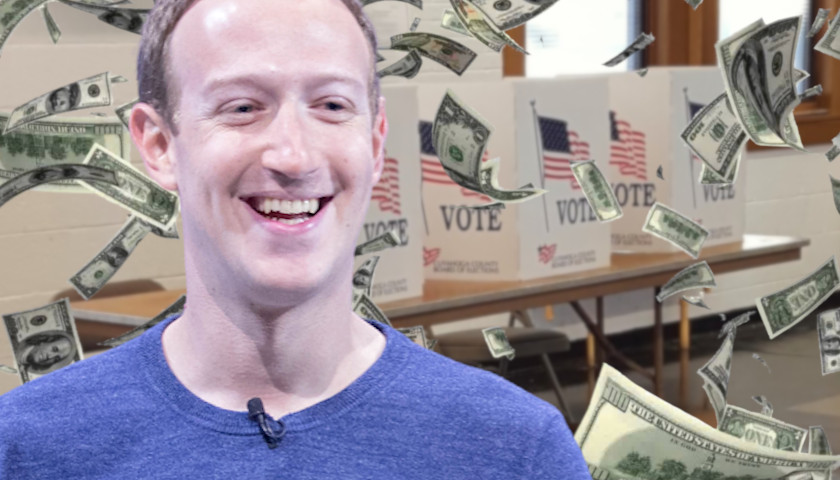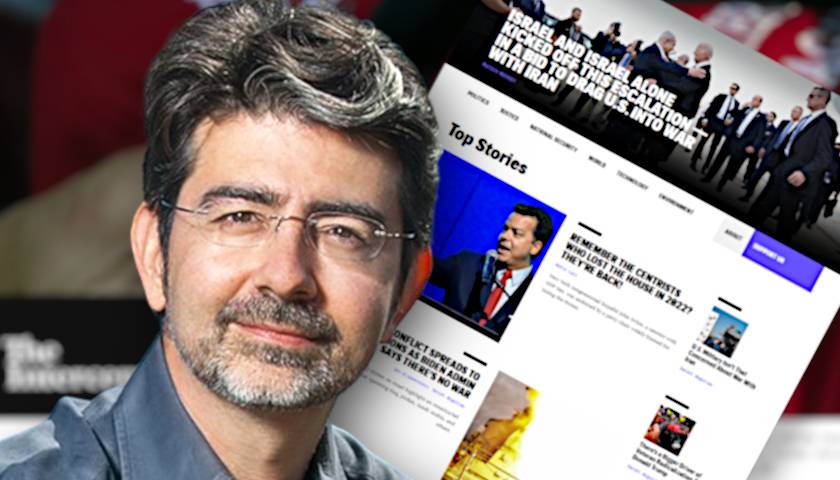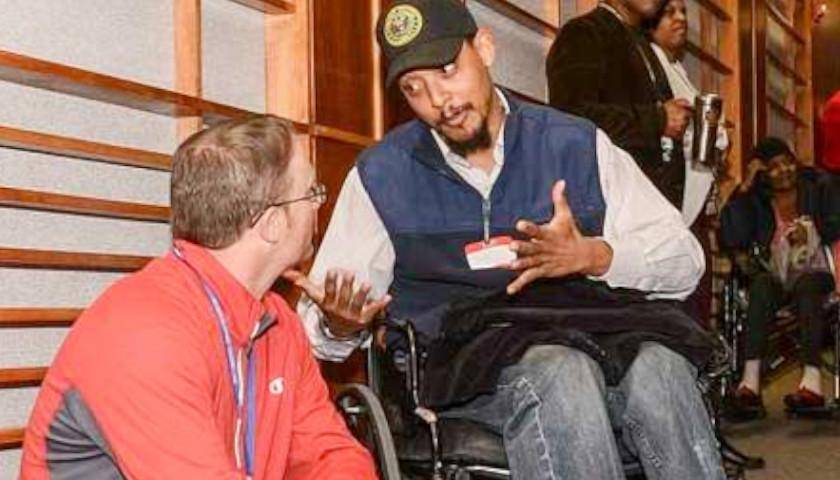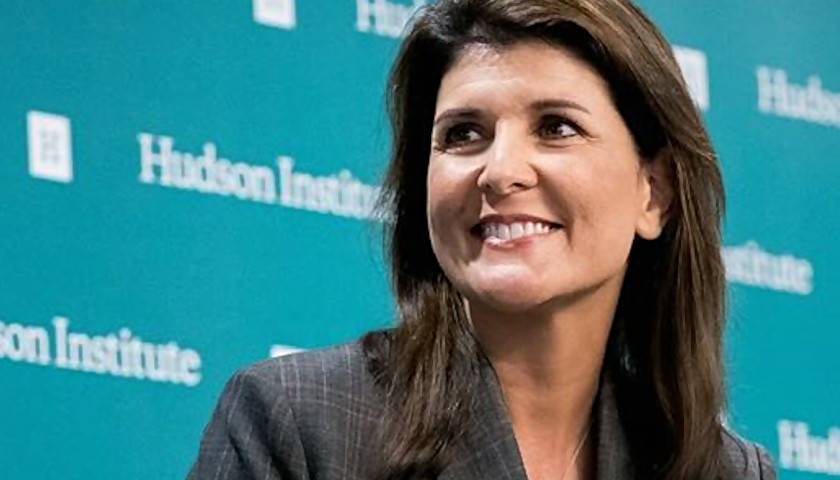by Stewart Whitson and Trevor Carlsen
In 2020, under the guise of providing funds to help election officials overcome the challenges of COVID-19, the Chan Zuckerberg Initiative funneled more than $10 million into Wisconsin, with $8.5 million strategically targeting just five cities. While this money was originally marketed as funds to be used for purchasing personal protective equipment, these funds — coined “Zuckerbucks” — were primarily used to drive procedural changes and get-out-the-vote efforts that benefited the Left.
In response, Wisconsin Republicans authorized Wisconsin’s Office of Special Counsel (OSC), headed by a former state supreme court justice, to investigate the influence of Zuckerbucks as well as other election integrity concerns that plagued their elections in 2020. Recently, the OSC published its second interim report outlining its investigative findings surrounding the Zuckerbucks scandal, and they are deeply concerning.
The report’s findings, coupled with those of at least two other independent inquires including one carried out by the Foundation for Government Accountability (FGA), reveal that Zuckerbucks overwhelmingly benefited one political party: Democrats.
The infusion of cash into certain jurisdictions — those that leaned heavily Democrat — drove up voter turnout in blue districts and allowed partisanship to weasel its way into the part of elections that is supposed to be non-partisan. Zuckerbucks hijacked election administration and used the government itself as a partisan get-out-the-vote tool.
Yet, targeted funding for a one-sided get-out-the-vote effort was not the only troubling aspect of Zuckerbucks. Equally alarming were the efforts by the Center for Tech and Civic Life (CTCL), the organization that oversaw the distribution of Zuckerbucks in Wisconsin and elsewhere, to provide election officials with more than just funding.
As detailed in the OSC report, CTCL also offered “expert technical assistance” to supposedly help officials run their local elections. As noted in the OSC report, one such expert, Michael Spitzer Rubenstein, listed as a “CTCL grant mentor,” worked on the ground in Green Bay and assisted with the administration of the 2020 election. Interestingly, Green Bay received more than $1 million in Zuckerbucks, amounting to nearly $20 per registered voter. For context, Green Bay’s total elections budget was $329,820, meaning Zuckerbucks increased their budget by a staggering 331 percent.
Wisconsin was not the only victim. With nearly $350 million in Zuckerbucks handed out strategically across the country, other states, too, saw their elections influenced to the benefit of the Left. For instance, in Pennsylvania, counties that backed Joe Biden received an average of $4.99 in Zuckerbucks grants per registered voter, compared to just $1.12 per registered voter in counties won by Trump. In Missouri, the average grant amount per registered voter for a Biden-carried jurisdiction was more than 50 percent larger than the average for Trump-carried counties.
A few states were spared the targeted infusion that plagued battleground states in 2020. Nebraska only saw one of its election offices infiltrated by Zuckerbucks, and Wyoming passed through completely Zuckerbucks-free. But those states are unlikely to be so fortunate in 2022 and 2024. The precedent has been set for billionaires to manipulate local election offices to serve their political agendas. And with fewer states in play, thanks to at least 11 states having banned Zuckerbucks and several other states seeking to follow suit, those states that have not yet protected the integrity of their elections will be targets this November, and again in 2024.
The good news is that Zuckerbucks bans are beginning to enjoy broad bipartisan support. South Dakota recently passed a Zuckerbucks ban with strong support, including from the Democrat minority leader. Virginia, too, just passed its own bipartisan Zuckerbucks bill which is on its way to be signed, and Missouri seems poised to do the same.
The strong support for banning Zuckerbucks is not surprising, and it’s not coming only from Republican voters. Recent polling has shown in many states that voters from all political parties are beginning to recognize the danger to democracy posed by private election administration funding.
Despite the clear threat posed by Zuckerbucks, and the strong public and bipartisan support for banning it, there are still several states who have yet to keep private funding out of the administration of their elections. With the 2022 midterms fast approaching, those states must place this much needed reform at the top of their election integrity to-do list and get it across the finish line before it is too late.
For states that have already passed a Zuckerbucks ban, there is still more to be done. For example, Florida just passed a new reform to strengthen its Zuckerbucks ban passed last session, adding a prohibition on the use of private funds to support the cost of any litigation related to election administration. This will help prevent Zuckerbucks or other private funding from being used to shield shady election officials who knowingly violate state election law to benefit the Left.
Zuckerbucks taught voters and policymakers a tough lesson: Even seemingly non-partisan grants can improperly impact elections if those funds are inequitably disbursed and targeted only to counties or districts that support the donor’s preferred candidate.
To avoid a repeat of 2020, private funding and “expert advisors” like those deployed to Wisconsin must be kept out of the business of election administration by banning Zuckerbucks, and by passing additional reforms such as that passed in Florida. With the truth behind Zuckerbucks now exposed, and with overwhelming public and bipartisan support, now is the time to ban Zuckerbucks nationwide and take back control of state elections.
– – –
Stewart Whitson is a senior fellow at the Foundation for Government Accountability, where Trevor Carlsen is a senior research fellow.
Photo “Mark Zuckerburg” by Anthony Quintano CC BY 2.0 and photo “voting booths” by Tim Evanson CC BY-SA 2.0.




